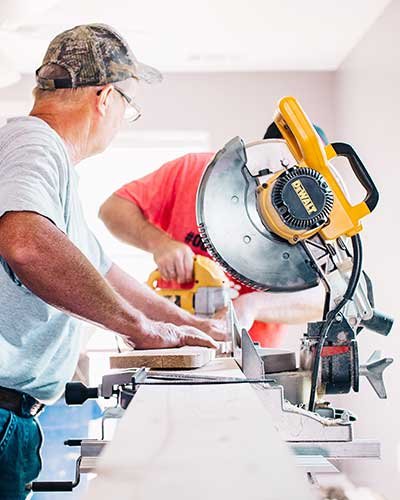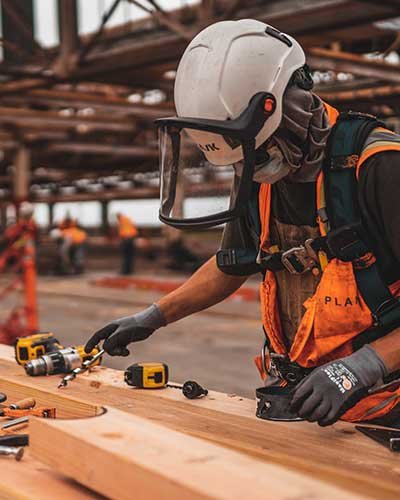Ceramic Fiber / Ceramic Wool
Ceramic Fiber Product Range
High-temperature ceramic fiber solutions for refractory lining, thermal insulation and acoustic applications — available as blankets, boards and loose bulk.
 Blanket
Blanket
 Board
Board
 Board
Board
 Bulk
Bulk
 Application
Application
 Application
Application

